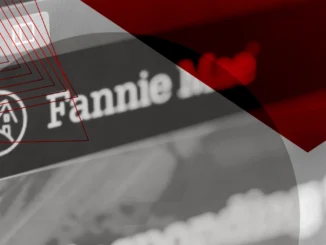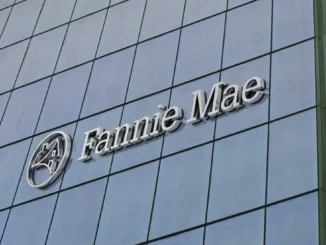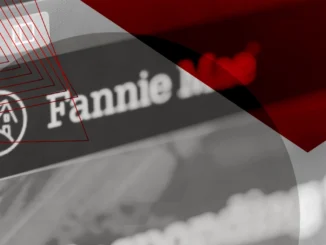
At a time of high mortgage rates and inflation, the federal government — along with government-sponsored enterprises — is understandably under pressure to lower costs and make homeownership more accessible.
We share the goal of improving housing affordability. However, any effort to lower housing costs should be responsibly examined for potential risks to consumers, lenders and the broader marketplace. Some suggestions could wind up hurting potential homebuyers more than helping them. It’s important we find the right path.
As we witnessed with the recent bank failures, financial institutions that move beyond their mission and scope can introduce significant risk to consumers and taxpayers. Shortcuts to well-established processes do not end well — as the 2008 financial crisis demonstrated.
Taxpayers spent nearly $200 billion to bail out the government sponsored entities (GSEs) —Fannie Mae and Freddie Mac — for shortcuts they took that led to the financial crisis. Companies that had strong underwriting standards and risk-protection survived the crisis. The title insurance industry continued to pay out claims, many fraud-related, despite a severe recession.
Unfortunately, reports of a new Fannie Mae pilot program would take us down another risky path. According to Politico, Fannie Mae would waive title insurance requirements for certain transactions under the pilot program. If title issues arise, mortgage companies would request resolution from Fannie Mae instead of title companies paying to settle the issue.
Fannie Mae reportedly moving beyond their mission and into the title insurance business raises significant alarm bells. Fannie Mae and Freddie Mac, which have been in conservatorship since 2008, have long required title insurance policies on loans they purchase from lenders. This is because title insurance provides the most comprehensive protection of property rights.
For a one-time fee paid at closing, title insurance protects homeowners and lenders from defects not only discoverable in public records search but also from unknown risks such as fraud and forgery that are not revealed in a title search.
For a home valued at $250,000, the cost of an owner’s title insurance policy is approximately $1,250, depending on the state of residence. At five years, the daily cost of coverage is about 68 cents per day. After 10 years, the price drops to 34 cents a day. This is a nominal cost that brings peace of mind to all parties in a real estate transaction, and helps reduce risk to taxpayers.
Title insurance is regulated at the state level. Policies are backed by statutorily required financial reserves that cover the risks of future claims. Fannie Mae is not licensed, regulated or actuarially reserved for such purposes. This pilot program, even if small in scope, would be a broad departure from Fannie Mae’s mission, as outlined in its charter.
Recent bank failures are a stark reminder that now is not the time to introduce additional hazards into the market. The pilot program would impose significant new risks on Fannie Mae, their partner lenders, and consumers. Low- and moderate-income homeowners could be exposed to unforeseen financial costs, harming most the people the pilot program is supposed to help.
Our association (the American Land Title Association) sent letters to leaders of the House Financial Services and Senate Banking committees on March 14 to express our concerns about the reported pilot. We explained that the title industry works diligently to educate consumers about the coverage and risk. If Fannie Mae implements this pilot, we worry consumers and taxpayers will be adversely affected.
Lawmakers of both parties have expressed similar concerns over time about the GSEs expanding beyond their charter.
The FHFA should instruct Fannie Mae to not to proceed with the pilot program or any other initiative that seeks to expand beyond Fannie Mae’s authority and mission. Any pilot activities should also be subject to an open, transparent process with the opportunity for a robust public comment period.
Title companies are engaged in efforts to develop affordable and sustainable housing opportunities. In Arizona, for example, Pioneer Title matches any donations its customers make to the Northern Arizona Housing Fund, which awards $25,000 grants for specific housing-related opportunities.
In Massachusetts, CATIC offers a 10% discount on title insurance premiums for all first-time homebuyers with the specific goal of promoting minority homeownership. Other companies are engaged in similarly important efforts.
The title industry supports innovation and competition and is eager to find new and better ways to expand housing affordability. But new products or initiatives should not weaken protection for consumer property rights or increase risk to lenders, the GSEs, or the broader safety and soundness of the housing finance system.
Fannie Mae’s reported pilot goes too far and poses too great a risk to the financial system and to a company that remains in conservatorship. Fannie Mae should stick to its mission of providing liquidity to the secondary market and work with the industry to find solutions rather than seek to replace them.
Diane Tomb is chief executive officer of the American Land Title Association.
This column does not necessarily reflect the opinion of HousingWire’s editorial department and its owners.
To contact the editor responsible for this story:
Sarah Wheeler at sarah@hwmedia.com



